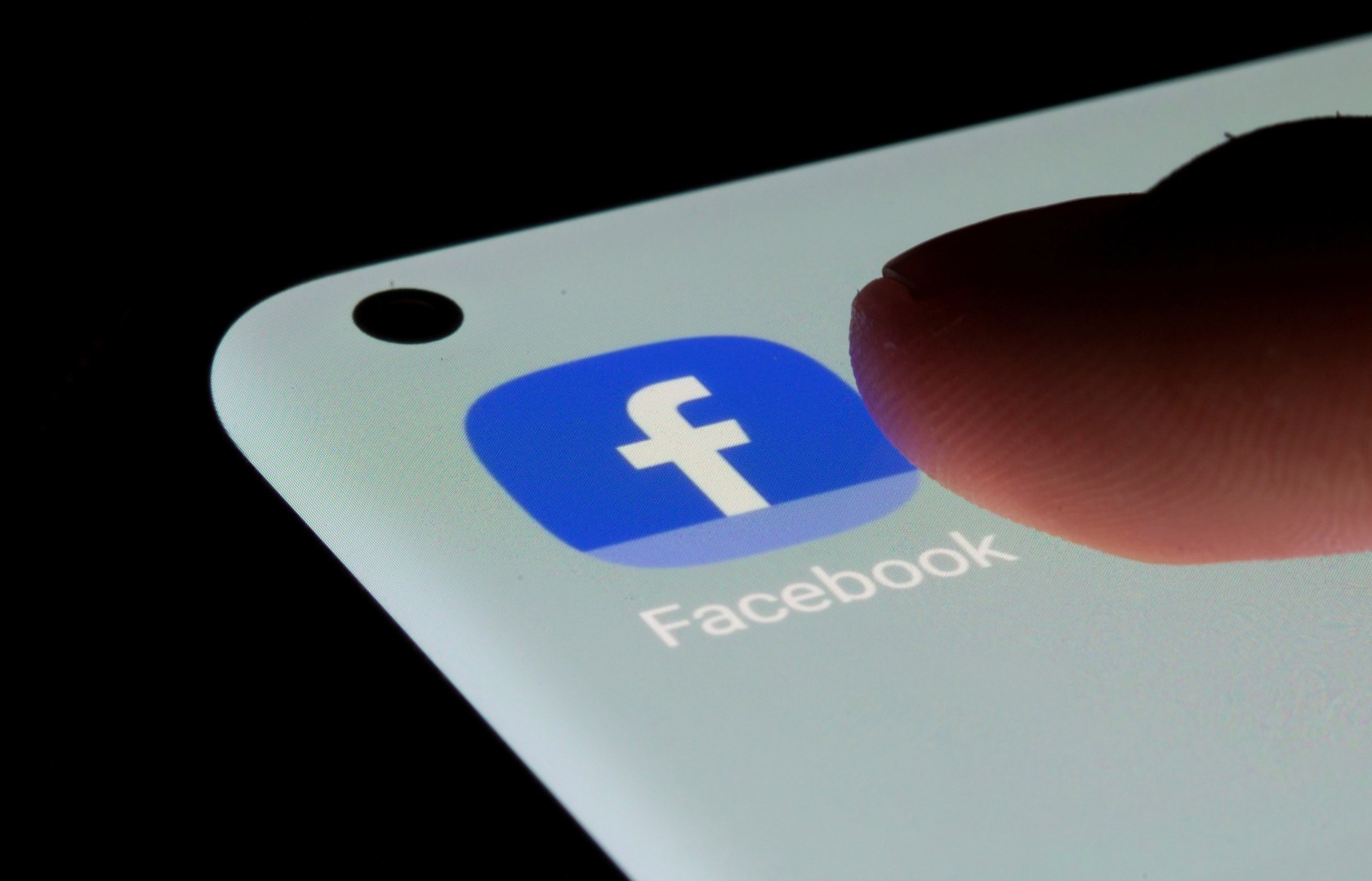
Reporter question: “Do these revelations change the way the White House thinks about regulating Facebook and other social media giants?”
Jen Psaki, White House press secretary: “Well, as we saw, the revelations that came out in that interview, in our view, this is just the latest in a series of revelations about social media platforms that make clear that self-regulation is not working. That’s long been the president’s view, and been the view of this administration. They validate the significant concern that the president and lawmakers on both sides of the aisle have expressed about how social media giants operate and the power they’ve amassed. Reports in recent weeks, and I think obviously the whistleblower was, came forward last night and in the report, but about efforts to attract young users and negative effects on teenagers mental health are certainly troubling. They’re hardly isolated incidents. And so are our effort is going to be continue to support fundamental reforms, efforts to address these issues. Obviously, that would be up to the purview of Congress, but certainly we view these as a continuing in a series of revelations about the power of these platforms.”










